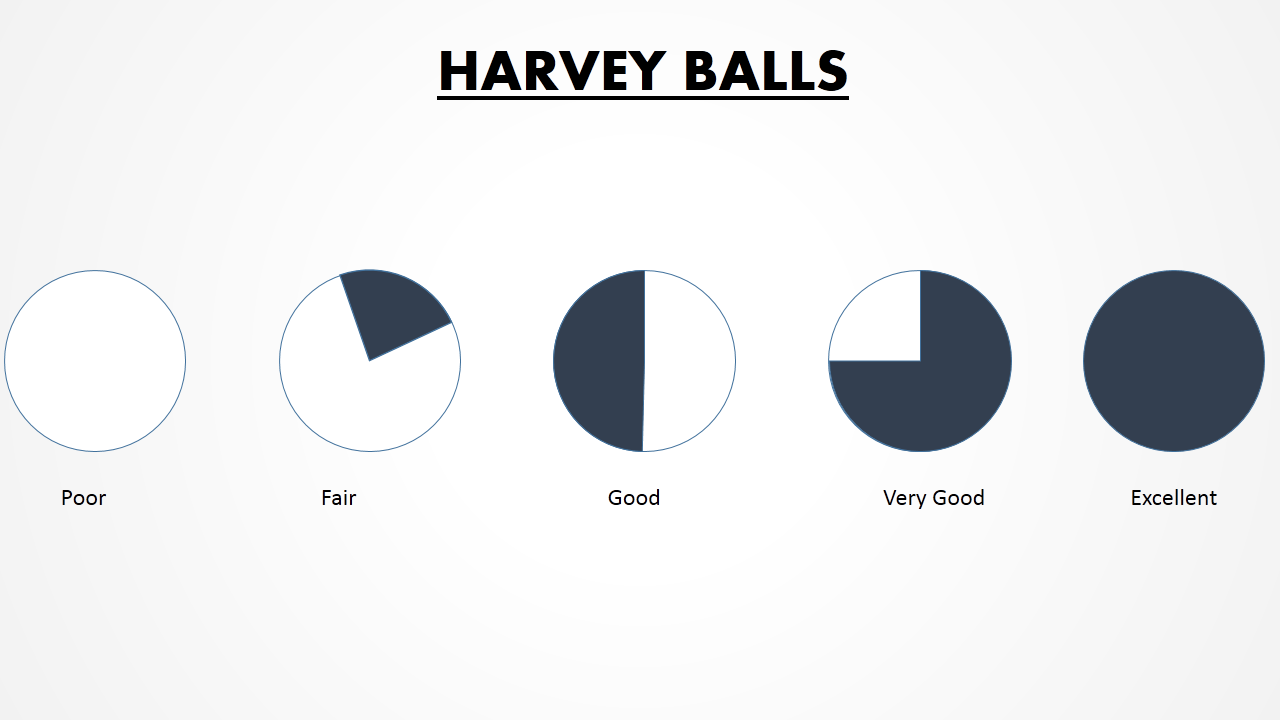“If you’re saving, you’re succeeding.” -Steve Burkholder.
Steve Burkholder's quote makes much sense in a society where many run a cat race after money and short-term pleasures. It's not just about being wealthy; it's also about using your money wisely. If wealth is not allocated carefully, it may eventually lose value. Therefore, Effective Wealth Management may help you strategically plan your money and ensure that your wealth continues to grow and maintain its worth.
What is Wealth Management?
Wealth management is a subcategory of financial services that provides advice and support while assisting people in managing their resources.
This comprehensive service addresses a range of aspects, including:
Taxation:
An essential component of successful wealth management is proper tax management. Experts play a vital role in assisting people to maximize their investing strategy, lowering tax liabilities while increasing post-tax profits. Therefore, this ultimately would lead to more advantageous financial outcomes.
Estate planning:
Estate planning is usually necessary to safeguard money for future generations, and professionals can help you through the complexities of wills, trusts, and gifting strategies. This procedure ensures that your legacy is passed on per your preferences while lowering estate taxes.
Financial planning:
Securing your financial future, making wise financial decisions, and achieving long-term financial stability and success are the main goals of financial planning. It's a dynamic, continuing process that adjusts to modifications in existing economic conditions and financial objectives.
Legal issues:
The main area of concern for legal issues in Budget management is adhering to various complex financial rules and tax legislation. Planning for taxes is crucial, as well as figuring out what will happen to your money when you pass away and protecting your assets. All this is done to ensure their clients' affairs are in order and to use legal techniques to help them save money and accumulate more riches.
Wealth Management Tactics
Diverse Investment Methods:
Financial advisers use a variety of investment methods, from growth investing to value investing. However, wealth managers frequently use unconventional methods when working with larger accounts.
Access to a Wide Range of Investments:
Wealth managers often provide customers access to a wider range of investment possibilities than traditional financial advisers do, including protect funds and private equity.
Holistic Wealth Management:
Wealth managers use a more thorough and integrated approach when practicing holistic Budget Management. Their financial plans go beyond investing methods to include all facets of a client's life, such as estate and tax preparation.
Individual Goal-Oriented:
Wealth managers design strategies to consider their clients' risk appetite and financial goals. For instance, when a client gets closer to retiring, the emphasis may change from high-risk assets focusing on growth to safer choices focusing on wealth preservation.
Pros of Wealth Management
Experienced professional Wealth Management techniques have several benefits, and because the rules are explicit, there is less chance for mistakes, which are as follows:
Tailored to Your Needs:
Wealth management is designed to meet your unique needs, objectives, financial resources, and risk tolerance.
Comprehensive 360-Degree Service:
It offers a full 360-degree service, including estate administration, tax advice, financial plans, legal assistance, and retirement planning.
A Strategic Approach:
Wealth management employs a more strategic approach than just investing advice. Although crucial, investment advice is only one element of a more extensive wealth management approach. A planned and comprehensive strategy is necessary to both create and maintain wealth.
Expert Collaborative Teams:
To provide the greatest results for clients with significant assets; a wealth manager would work with a group of skilled professionals in several economic and supporting areas.
Conclusion
The highest level of financial advice services is Budget Management. This multifaceted approach includes careful planning, diversification, risk management, and tax efficiency to secure money that may improve your life in both financial and non-financial ways.
To learn more about Wealth Management, click the following link- Wealth Management Advisory Services Proposal
Click here to get a Free Wealth Management PPT.
FAQs on Wealth Management
Q: Can wealth management help with tax planning?
- Yes, Budget Management often includes tax planning strategies to minimize tax liabilities. Also, this may involve optimizing investment accounts, tax-efficient investing, and estate planning to reduce taxes.
Q: How can Budget management assist with estate planning?
- Wealth managers work with clients to create an estate plan that efficiently transfers assets to heirs and beneficiaries while minimizing estate taxes. In Addition, this may involve setting up trusts, wills, and other legal structures.
Q: Is Budget Management only for high-net-worth individuals?
- While wealth management is often associated with high-net-worth individuals, many firms offer services tailored to clients with varying levels of wealth. Some firms have minimum asset requirements, but others work with clients at different financial stages.
Q: How do I choose the right Budget Management firm or advisor?
- To choose the right wealth manager, consider their experience, expertise, track record, fee structure, and the level of personal attention they provide. Ask for referrals, check reviews, and interview potential advisors to find a good fit.






 Customer Reviews
Customer Reviews




















